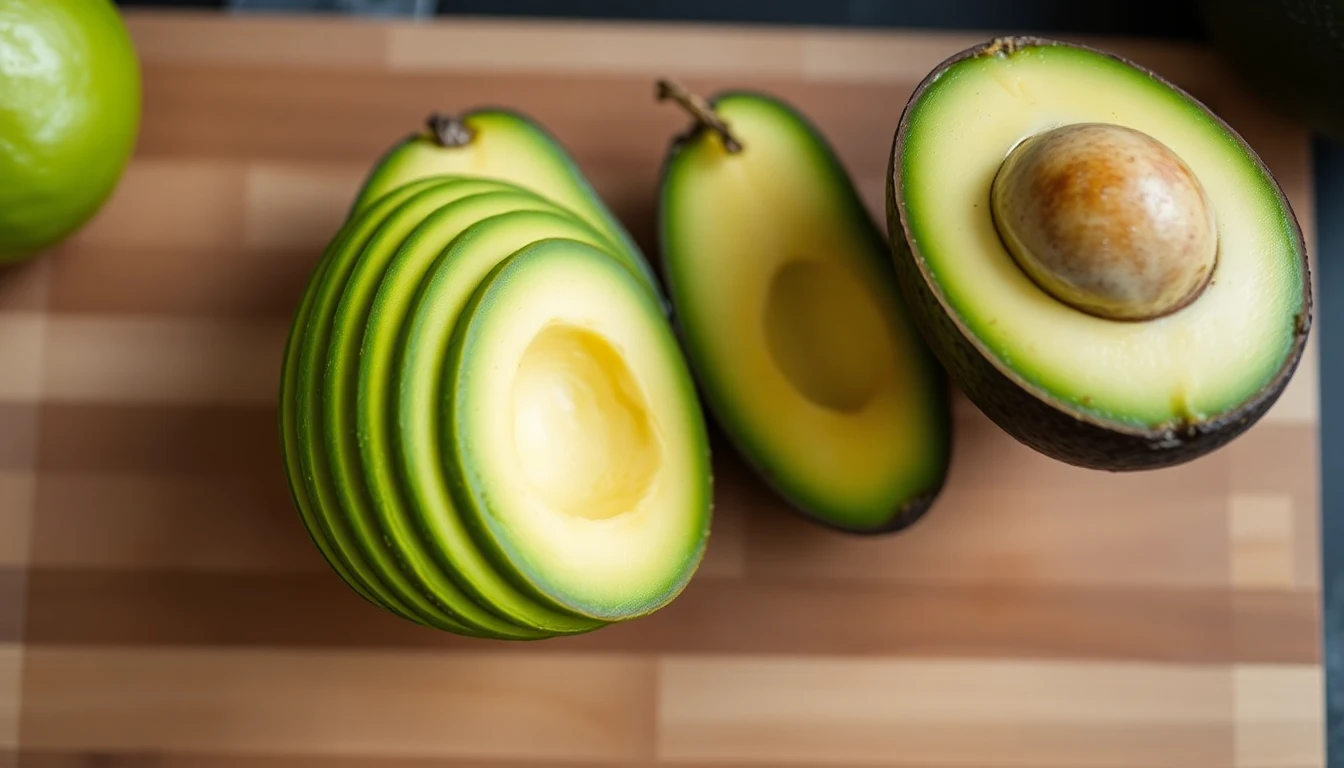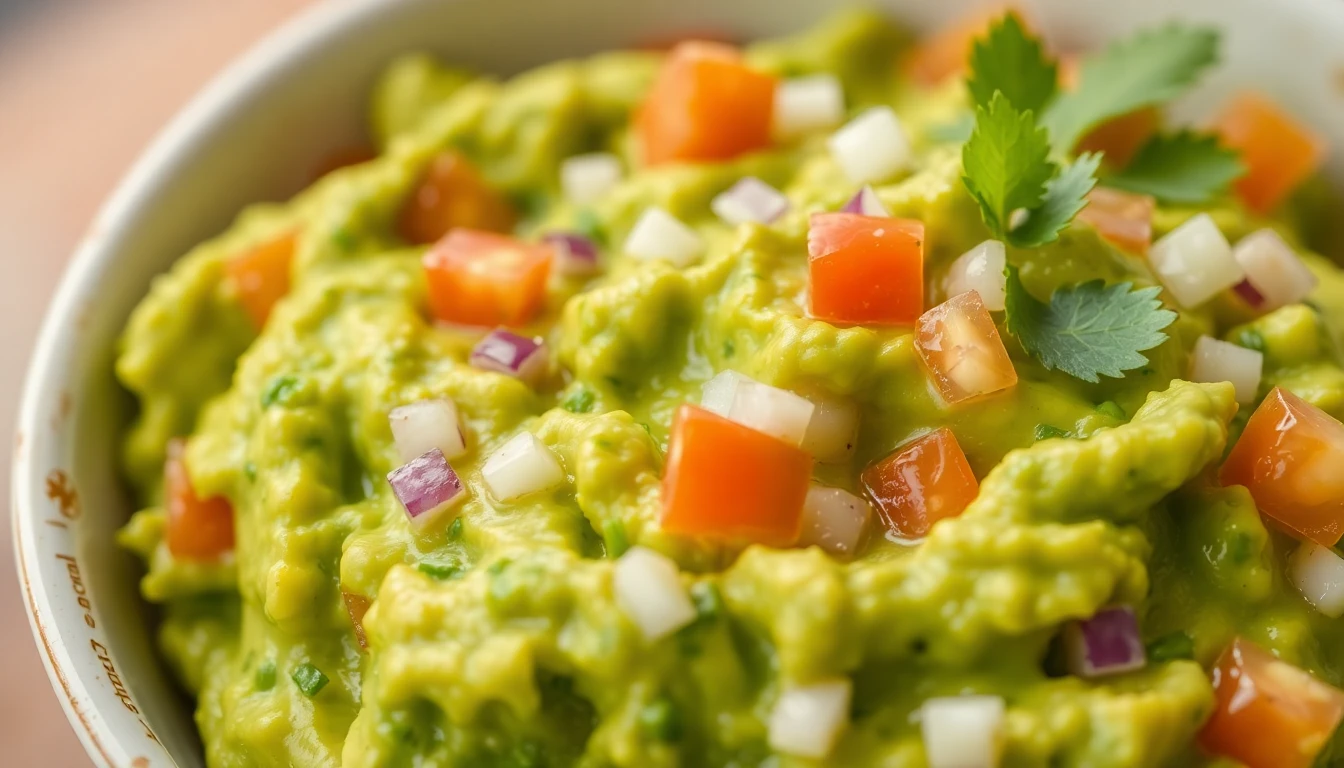TOMATO NEWS
Synthetic Avocado: Lab-Grown 'AvoGood' Hits Supermarket Shelves
Synthetic Avocado: Lab-Grown 'AvoGood' Hits Supermarket Shelves
San Francisco, CA - Guacamole aficionados, rejoice! After years of research and development, "AvoGood," the first commercially available synthetic avocado, has officially landed on supermarket shelves across the nation. Developed by California-based food tech startup, "Verdant Labs," AvoGood promises a more sustainable and affordable alternative to the beloved but often environmentally problematic fruit.

Comparison of AvoGood and Haas Avocado
The traditional avocado industry has long been plagued by environmental concerns, including deforestation, heavy water usage in drought-stricken regions, and the carbon footprint associated with long-distance transportation. AvoGood aims to address these issues by replicating the creamy texture and buttery flavor of avocados in a controlled laboratory environment.
"We've spent the last five years perfecting AvoGood," explains Dr. Emily Carter, Verdant Labs' lead scientist. "Our proprietary bio-reactor process utilizes plant-based oils, proteins, and fibers to mimic the cellular structure of a Hass avocado. We're not genetically modifying anything; it's purely bio-identical replication."
The process, according to Verdant Labs, involves cultivating specific plant cells in large fermentation tanks, feeding them a carefully calibrated nutrient solution. These cells then differentiate and mature into a creamy, green substance that mirrors the taste, texture, and nutritional profile of a natural avocado.
Cost and Sustainability Advantages
One of the most significant advantages of AvoGood is its cost. Currently, the suggested retail price for an AvoGood avocado is $1.79, a noticeable drop from the average $2.85 price tag of a Haas avocado, according to recent data from the USDA.
"Our production methods are far more efficient than traditional farming," states Verdant Labs CEO, Mark Johnson. "We can produce AvoGood year-round, regardless of weather conditions or geographical limitations. This translates to lower costs for consumers and a more stable supply chain."
Beyond affordability, the environmental benefits are significant. Verdant Labs claims that AvoGood production uses 95.7% less water, 80.4% less land, and generates 75.2% fewer greenhouse gas emissions compared to traditional avocado farming. Independent analysis conducted by the Environmental Sustainability Institute confirms these claims, citing a life cycle assessment report published in the "Journal of Sustainable Agriculture."
Taste Test and Consumer Reception
Early consumer taste tests have been largely positive. Blind taste tests conducted across various demographics showed that 68.5% of participants were unable to distinguish between AvoGood and a natural Hass avocado. While some testers noted a slight difference in texture, the overall reception has been enthusiastic.

Bowl of AvoGood Guacamole
"I was skeptical at first, but honestly, I couldn't tell the difference," said Sarah Miller, a self-proclaimed avocado lover from Los Angeles. "I made guacamole with it, and it was delicious. Plus, knowing it's better for the environment makes it even more appealing."
However, not everyone is convinced. Some consumers remain hesitant about embracing lab-grown alternatives. Critics argue that AvoGood lacks the "authentic" flavor and inherent nutritional complexity of a naturally grown avocado.
"While I appreciate the efforts towards sustainability, I still prefer the real thing," says local farmer, David Rodriguez. "There's something special about growing your own food, and I don't think a lab can truly replicate that."
The Future of AvoGood
Despite some skepticism, Verdant Labs is optimistic about the future of AvoGood. The company plans to expand its production capacity and introduce new varieties of synthetic avocados, including options with varying fat content and flavor profiles. They are also exploring partnerships with restaurants and food manufacturers to incorporate AvoGood into a wider range of products.
"We believe AvoGood has the potential to revolutionize the avocado industry and create a more sustainable food system," concludes Johnson. "We're committed to providing consumers with a delicious, affordable, and environmentally responsible alternative to traditional avocados."
As AvoGood makes its way into kitchens and onto grocery lists across the country, the debate surrounding lab-grown food and its role in our future continues to intensify. Only time will tell if AvoGood can truly win over the hearts (and taste buds) of avocado lovers worldwide.


No comments:
Post a Comment